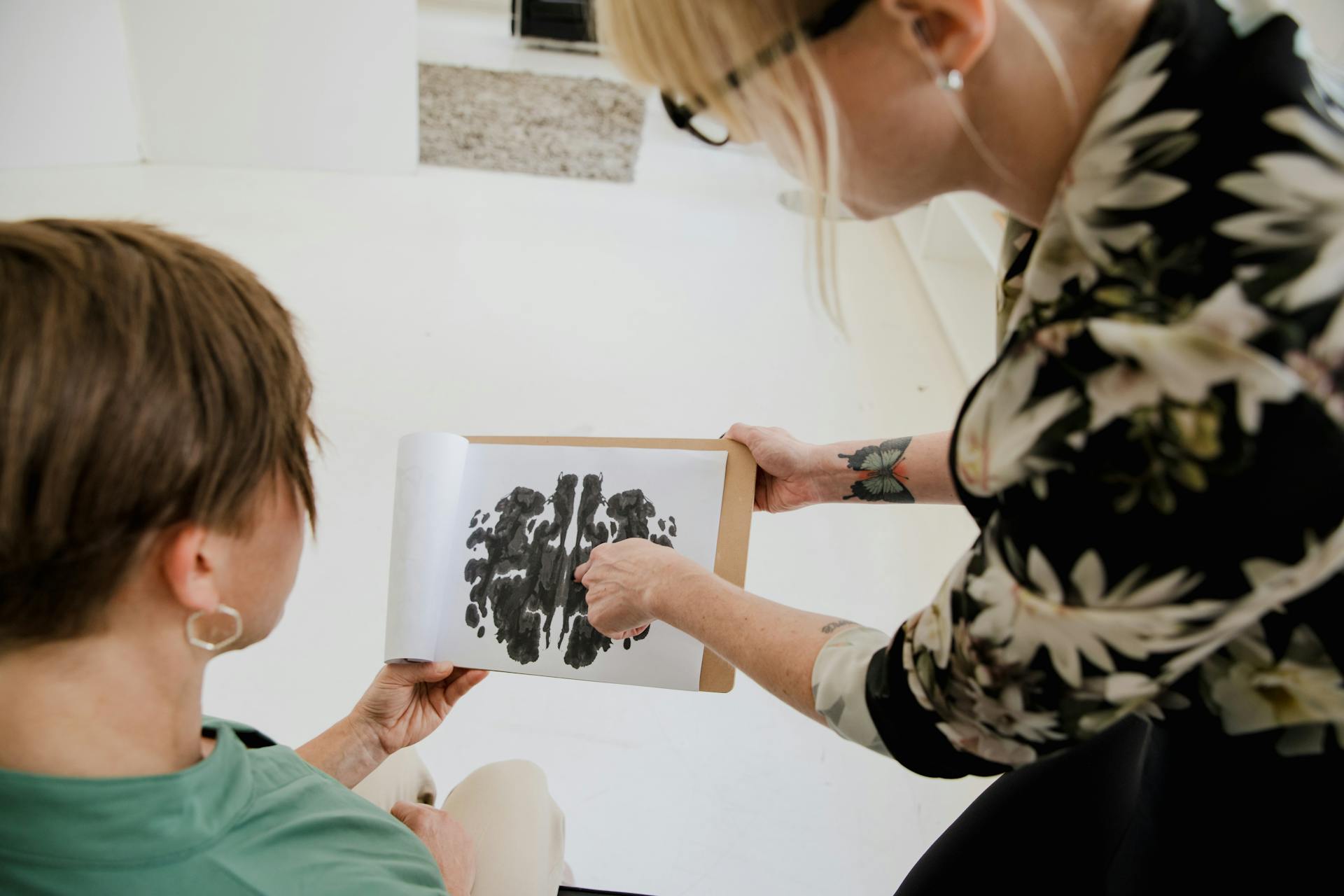Mental health is a vital component of overall well-being. When facing stress, anxiety, depression, or other emotional challenges, many people consider self help and therapy as potential solutions. Understanding the differences between these approaches can help you make informed decisions that support long-term mental and emotional health.
In this blog, we’ll explore the distinctions, benefits, and limitations of self help versus therapy, offering guidance to help you find the best approach for your personal needs. For a deeper look at one-on-one support, read What Is Individual Therapy to understand how professional guidance can transform your mental health journey.
Understanding Self Help
Self help involves using personal strategies, resources, or tools to improve mental health independently. Examples include:
- Reading self help books or guides
- Practicing mindfulness, meditation, or yoga
- Journaling or reflecting on thoughts and emotions
- Using mobile apps for mental well-being
- Engaging in lifestyle changes, such as exercise or nutrition
Benefits of self help:
- Flexible and accessible
- Often low-cost or free
- Encourages self-awareness and personal responsibility
Limitations of self help:
- May not address deep-seated emotional issues
- Can lack professional guidance and structure
- Progress depends on personal motivation and consistency
Self help is often a great first step, but some situations may require additional professional support. If you’d like to learn soothing techniques you can use at home, check out Self-Soothing Techniques
, which complement self help practices beautifully.
Understanding Therapy
Therapy involves working with a trained mental health professional, such as a psychologist, counselor, or therapist, to address emotional, psychological, or behavioral challenges. Therapy can be structured in various formats:
- Individual therapy
- Group therapy
- Couples or family therapy
- Online or in-person sessions
Benefits of therapy:
- Provides professional guidance and evidence-based approaches
- Offers personalized support tailored to your needs
- Creates a safe space to process emotions and experiences
- Helps develop long-term coping strategies and resilience
Limitations of therapy:
- Can be expensive and require scheduling commitments
- Progress depends on active participation and trust in the therapist
- Emotional discomfort may occur as difficult topics are explored
Therapy is particularly effective for individuals dealing with persistent mental health challenges or complex emotional issues.
Key Differences Between Self Help and Therapy
| Aspect | Self Help | Therapy |
| Guidance | Self-directed | Professional guidance |
| Personalization | General strategies | Tailored to individual needs |
| Cost | Often low or free | Can be expensive |
| Accountability | Dependent on self | Therapist provides accountability |
| Effectiveness | Works for mild to moderate issues | Effective for mild to severe issues |
Both self help and therapy have value, and the best approach often depends on the individual’s needs, severity of challenges, and personal preferences.
Combining Self Help and Therapy
Many individuals benefit from a combined approach, using self help to reinforce the skills and insights gained in therapy. Examples include:
- Practicing mindfulness techniques taught in therapy at home
- Journaling to reflect on therapy sessions
- Reading complementary mental health books to deepen understanding
- Engaging in community programs or workshops
This combined approach maximizes the benefits of both methods while supporting consistency and personal growth.
Making the Right Choice for You
When deciding between self help and therapy, consider:
- Severity of symptoms: Severe or persistent anxiety, depression, or trauma usually requires therapy
- Availability of resources: Budget, time, and access to professionals
- Personal motivation and self-discipline: Self help requires initiative and consistency
- Desire for professional support: Therapy provides guidance and accountability
Remember, choosing self help does not exclude therapy later, and therapy can be complemented by self help practices.
Supporting Mental Health Through Cultural Awareness
For immigrants and bicultural individuals, mental health challenges can be compounded by cultural expectations, identity conflicts, or societal pressures. Traditional self help resources may not fully address these unique experiences, while culturally sensitive therapy can provide deeper understanding and guidance.
Dr. Kinnari Birla Bharucha’s course, “Immigrant Paradox: An Exploration of Bicultural Straddling,” offers tools to navigate these challenges effectively. Learners explore strategies for personal growth, stress management, and cultural identity, which complement both self help practices and professional therapy. By integrating these approaches, individuals can achieve a holistic and empowered approach to mental health.
Practical Self Help Strategies to Complement Therapy
- Mindfulness and Meditation: Enhances emotional awareness and reduces stress
- Journaling: Reflect on thoughts, feelings, and progress
- Exercise: Supports mood regulation and energy
- Healthy Nutrition and Sleep: Improves mental resilience
- Community Engagement: Builds social support and connection
These strategies are effective both as standalone methods and as reinforcement alongside therapy.
Practical Therapy Tips
- Set Goals: Identify specific areas you want to work on
- Be Honest: Share thoughts and feelings openly with your therapist
- Practice Skills at Home: Implement techniques learned during sessions
- Track Progress: Reflect regularly to evaluate changes and improvements
- Seek Support Networks: Participate in peer groups or forums for encouragement
Both self help and therapy offer valuable tools for mental health improvement. Self help provides accessible strategies for daily well-being, while therapy offers professional guidance for deeper, more complex challenges. For best results, consider combining these approaches to support consistent growth, emotional resilience, and long-term mental health.
For individuals navigating bicultural or immigrant experiences, understanding how cultural identity impacts mental health is essential. Dr. Kinnari Birla Bharucha’s course, “Immigrant Paradox: An Exploration of Bicultural Straddling,” offers guidance on personal growth, stress management, and navigating cultural challenges. Integrating these insights with self help or therapy can empower individuals to achieve balance and mental well-being.
Take steps to strengthen your mental health and embrace your unique identity by exploring the course here: Immigrant Paradox Course


